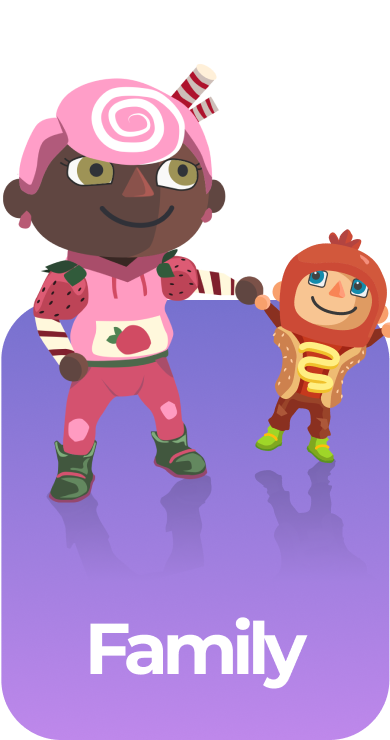Embryological Evidence for Common Ancestry Science Games
5 gamesIn this series of games, your students will learn about vertebrates, invertebrates, and the developmental similarities among each group. The Embryological Evidence for Common Ancestry learning objective — based on NGSS and state standards — delivers improved student engagement and academic performance in your classroom, as demonstrated by research.
Scroll down for a preview of this learning objective’s games and the concepts they drive home.
Concepts Covered
Animals that have a spinal column are called vertebrates. The five main types include fish, amphibians, mammals, reptiles, and birds. While these animals all look very different from each other, they have strong similarities in their embryonic development, which suggests an evolutionary link.
Most of these similarities occur in the earliest stages of embryonic development. One similarity is pharyngeal slits, which develop into breathing structures, like the pharynx in humans and the gills in fish.
Another is the notochord, a rod made of cartilage that supports the embryo’s body. The embryos also develop an extension of the notochord called the post-anal tail. Last is the dorsal nerve cord, a hollow nerve cord that develops in the embryo’s back.
Depending on the species, vertebrate embryos develop at different rates. During the later stages of development, they start to grow features that are more specific to their species, like the earlier example of lungs for humans and gills for fish.
Invertebrates (animals without backbones) do not have the same embryonic traits as vertebrates, suggesting that they do not share vertebrates’ common ancestor.
A preview of each game in the learning objective is found below.
You can access all of the games on Legends of Learning for free, forever, with a teacher account. A free teacher account also allows you to create playlists of games and assignments for students and track class progress. Sign up for free today!






